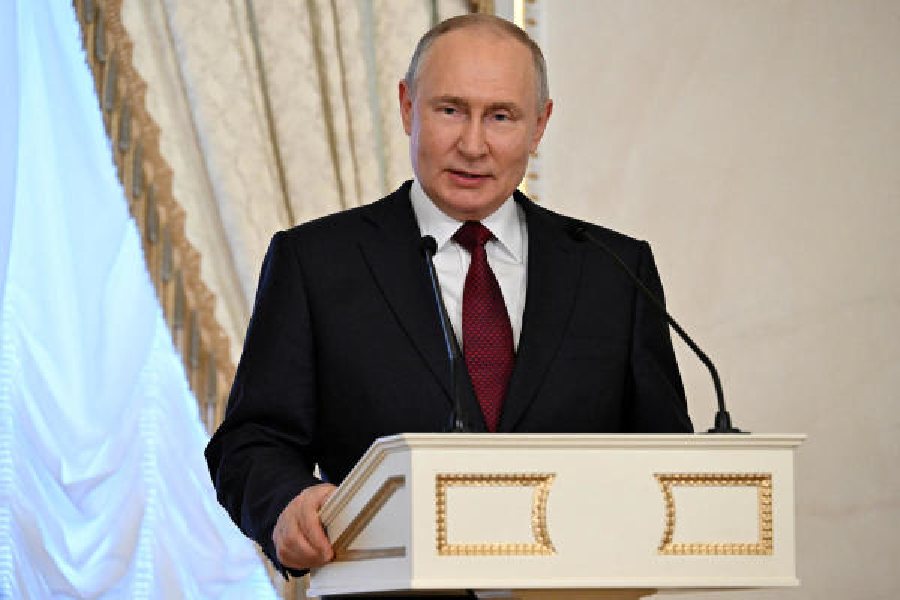As President Vladimir V. Putin of Russia has pursued enemies abroad, his intelligence operatives now appear prepared to cross a line that they previously avoided: trying to kill a valuable informant for the US government on American soil.
The clandestine operation, seeking to eliminate a CIA informant in Miami who had been a high-ranking Russian intelligence official more than a decade earlier, represented a brazen expansion of Putin’s campaign of targeted assassinations. It also signalled a dangerously low point even between intelligence services that have long had a strained history.
“The red lines are long gone for Putin,” said Marc Polymeropoulos, a former CIA officer who oversaw operations in Europe. “He wants all these guys dead.”
The assassination failed, but the aftermath in part spiralled into tit-for-tat retaliation by the US and Russia, according to three former senior American officials who spoke on the condition of anonymity to discuss aspects of a plot meant to be secret and its consequences. Sanctions and expulsions, including of top intelligence officials in Moscow and Washington, followed.
The target was Aleksandr Poteyev, a former Russian intelligence officer who disclosed information that led to a yearslong FBI investigation that in 2010 ensnared 11 spies living under deep cover in suburbs and cities along the East Coast. They had assumed false names and worked ordinary jobs as part of an ambitious attempt by the SVR, Russia’s foreign intelligence agency, to gather information and recruit more agents.
In keeping with an Obama administration effort to reset relations, a deal was reached that sought to ease tensions: Ten of the 11 spies were arrested and expelled to Russia. In exchange, Moscow released four Russian prisoners, including Sergei V. Skripal, a former colonel in the military intelligence service who was convicted in 2006 for selling secrets to Britain.
The bid to assassinate Poteyev is revealed in the British edition of the book Spies: The Epic Intelligence War Between East and West, to be published by an imprint of Little, Brown on June 29. The book is by Calder Walton, a scholar of national security and intelligence at Harvard.
New York Times News Service










